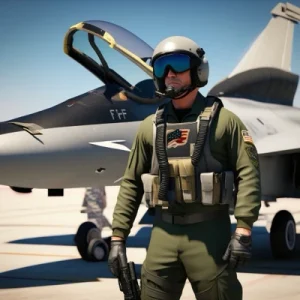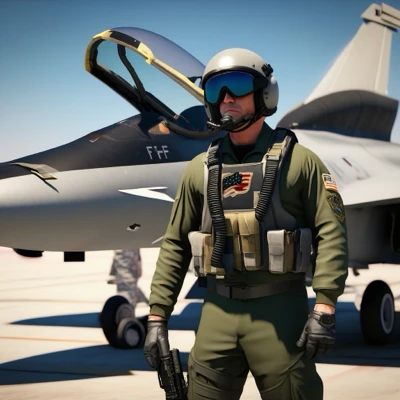Civilian vs. Military Sexual Assault Defense: Key Differences in Strategy
Gonzalez & Waddington, Attorneys at Law defend service members across the globe in Article 120 sexual assault and Article 120c indecent conduct cases. Many accused service members and their families assume military trials work like civilian courts. They don’t. This guide breaks down the key differences between civilian and military sexual assault defense—and why those differences matter for your case.
Charges & Charging Authority
- Civilian courts: Local prosecutors (district attorneys) decide whether to charge based on police reports.
- Military courts: Commanders (convening authorities), advised by Staff Judge Advocates, decide whether to refer charges—even under political and command pressure.
- Impact: Cases that would never be charged in civilian courts often get referred in the military due to “zero tolerance” command climate.
Jury Selection & Panel Members
- Civilian courts: Randomly selected jurors from the community. Voir dire allows attorneys to question and dismiss jurors.
- Military courts: Panel members are hand-picked by the convening authority—usually senior officers and NCOs, not peers.
- Impact: Panels often include leaders who may be influenced by command climate and institutional pressure.
Evidentiary Rules & Protections
- Civilian courts: Governed by state or federal rules of evidence; strict rules on admissibility of character evidence.
- Military courts: Governed by the Military Rules of Evidence (MRE); includes unique rules like MRE 412 (sexual behavior) and 513 (psychotherapist privilege), often narrowly applied.
- Impact: Military judges often restrict defense access to accuser’s records more than civilian judges would.
Trial Process & Speed
- Civilian courts: Trials may take months or years to reach; pretrial motions and discovery are extensive.
- Military courts: Courts-martial move quickly—sometimes within months of accusation. Discovery is broader in theory, but practically, access may be limited.
- Impact: Defense must prepare aggressively from day one; delays that help in civilian court rarely exist in military cases.

Sentencing Differences
- Civilian courts: Sentencing guidelines vary; many jurisdictions allow probation, suspended sentences, or alternatives.
- Military courts: Conviction often means punitive discharge (dishonorable or dismissal), confinement, loss of benefits, and sex offender registration.
- Impact: Military convictions are career-ending; even “short” sentences destroy retirement and benefits.
Investigations: Civilian vs. Military
- Civilian: Police investigate; prosecutors decide based on available evidence.
- Military: CID, OSI, NCIS, or CGIS conduct exhaustive investigations; investigators often push aggressively for confessions.
- Impact: Accused service members are frequently pressured to waive rights, make statements, and “explain”—which prosecutors later weaponize.
Key Strategic Differences in Defense
- Cross-examination: In military courts, cross must be surgical and respectful—panels of officers expect professionalism.
- Expert use: Military sexual assault defenses often rely more heavily on forensic, toxicology, and psychological experts.
- Digital forensics: Cell phones, texts, and social media play a larger role in military trials where forensic evidence is often limited.
- Theme development: Military panels are fact-driven; emotional appeals rarely win without corroborating evidence.
Common Mistakes in Military Sexual Assault Defense
- Relying on the same strategies used in civilian cases without adapting to military law.
- Assuming command climate won’t influence the panel.
- Waiting to hire civilian counsel until after charges are referred.
- Failing to request access to digital data and forensic evidence early.
Video: Military vs. Civilian Sexual Assault Defense
Military Sexual Assault Cases Require Military Strategy
Defending Article 120 cases is not the same as defending civilian sex crimes. You need a defense team that knows military law, panels, MRE rules, and command pressures. We’ve fought—and won—where the system is stacked against the accused.
Gonzalez & Waddington — ucmjdefense.com — 1-800-921-8607
FAQs: Civilian vs. Military Sexual Assault Defense
Are military juries really hand-picked?
Yes. The convening authority selects panel members, usually senior officers or NCOs.
Do military judges restrict evidence more?
Often yes. MRE 412, 513, and 404(b) are applied narrowly, making defense access harder.
Why do military cases move faster?
Because the UCMJ prioritizes quick resolution; trials may occur within months of an allegation.
Can I face harsher punishments in the military?
Yes. Convictions usually mean punitive discharge, confinement, and sex offender registration.
Should I hire a civilian lawyer in addition to my military lawyer?
Yes. Civilian lawyers bring specialized expertise and resources to strengthen your defense.


